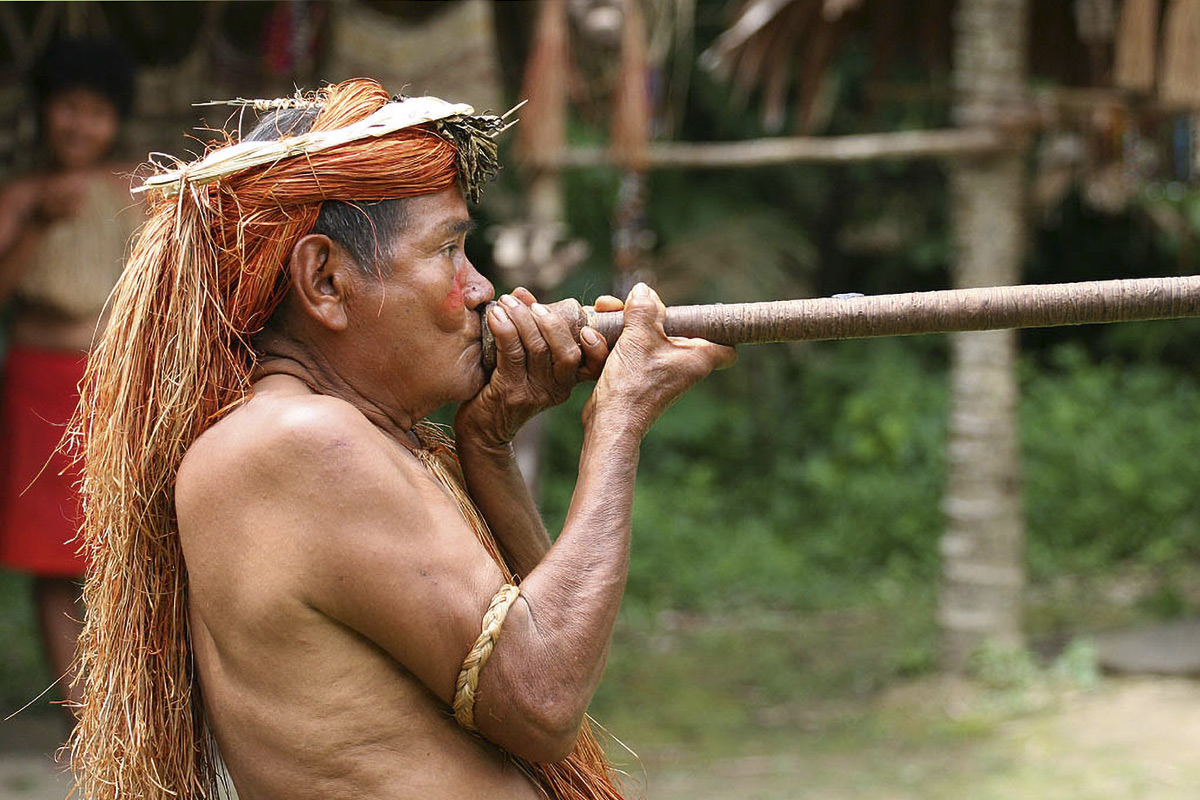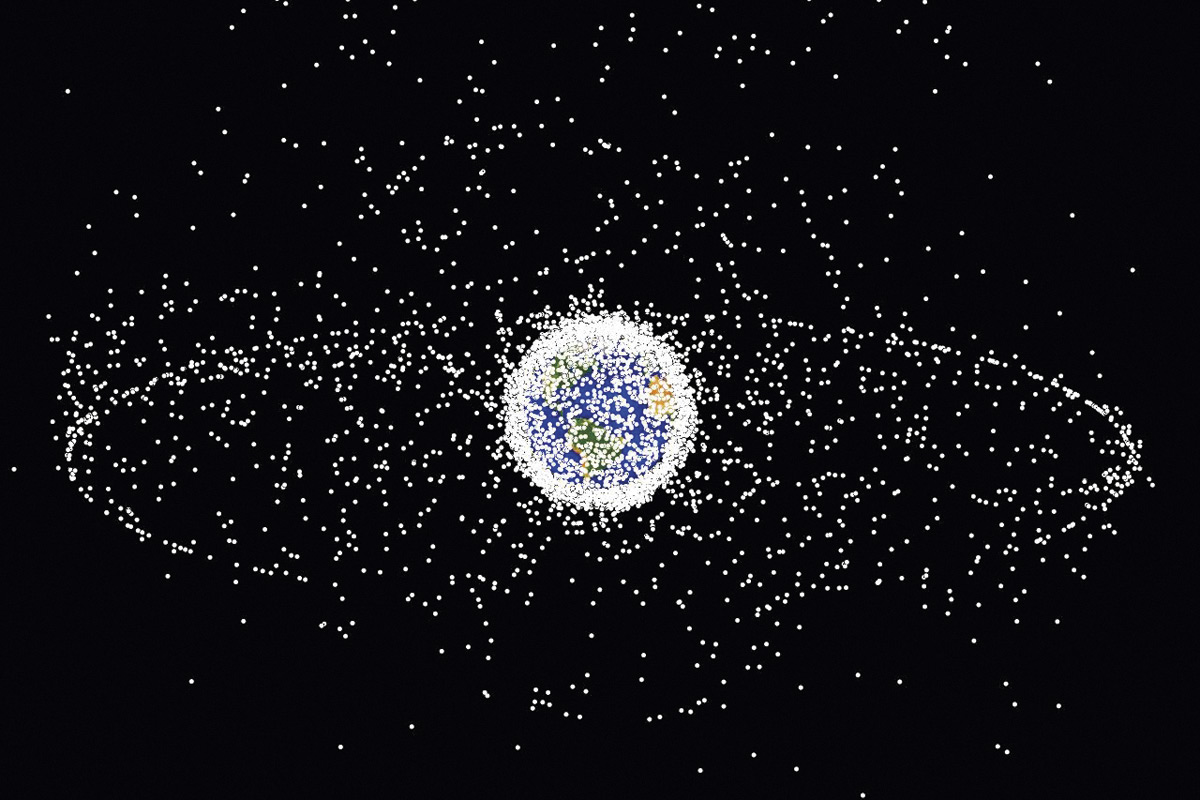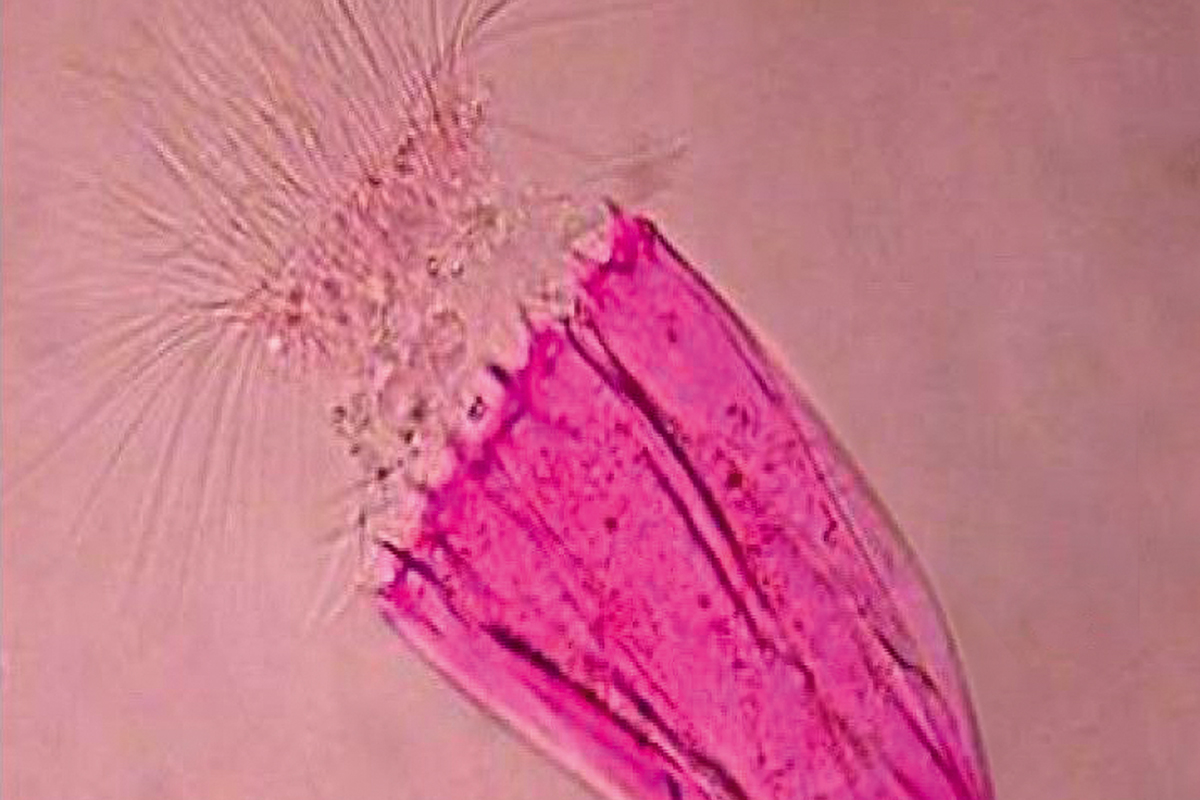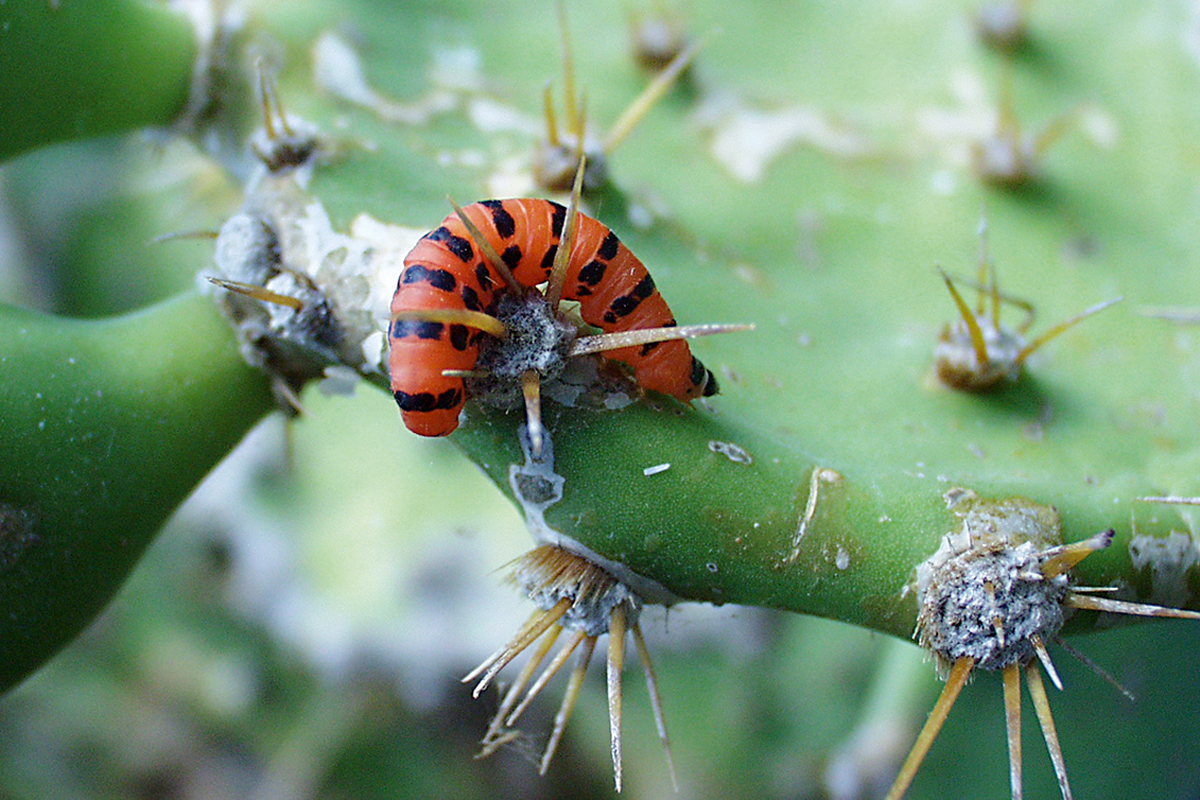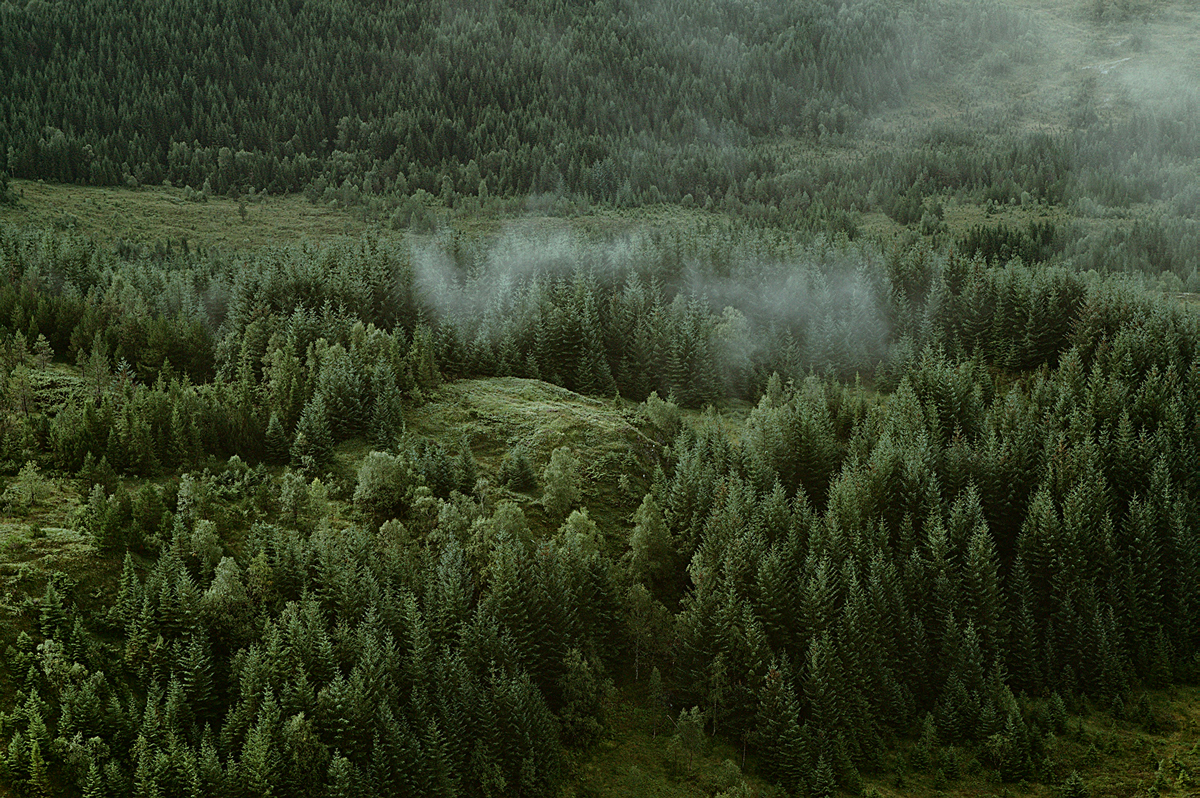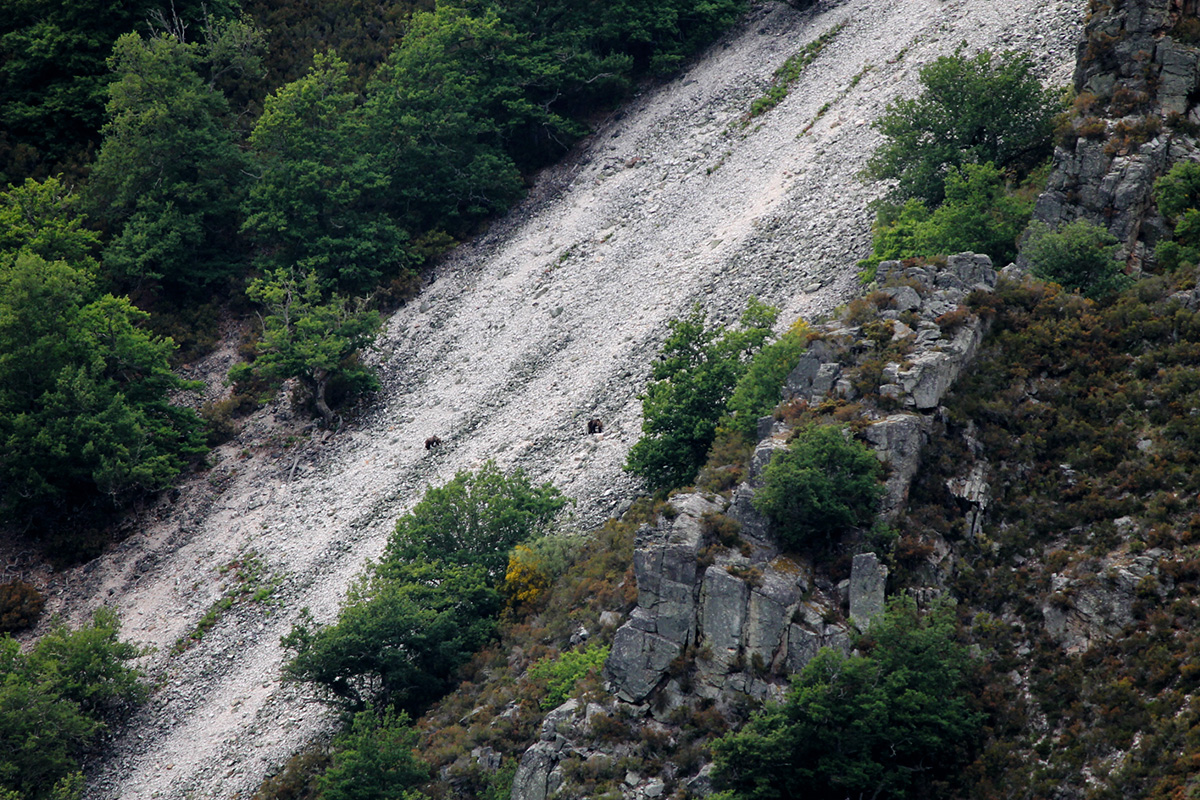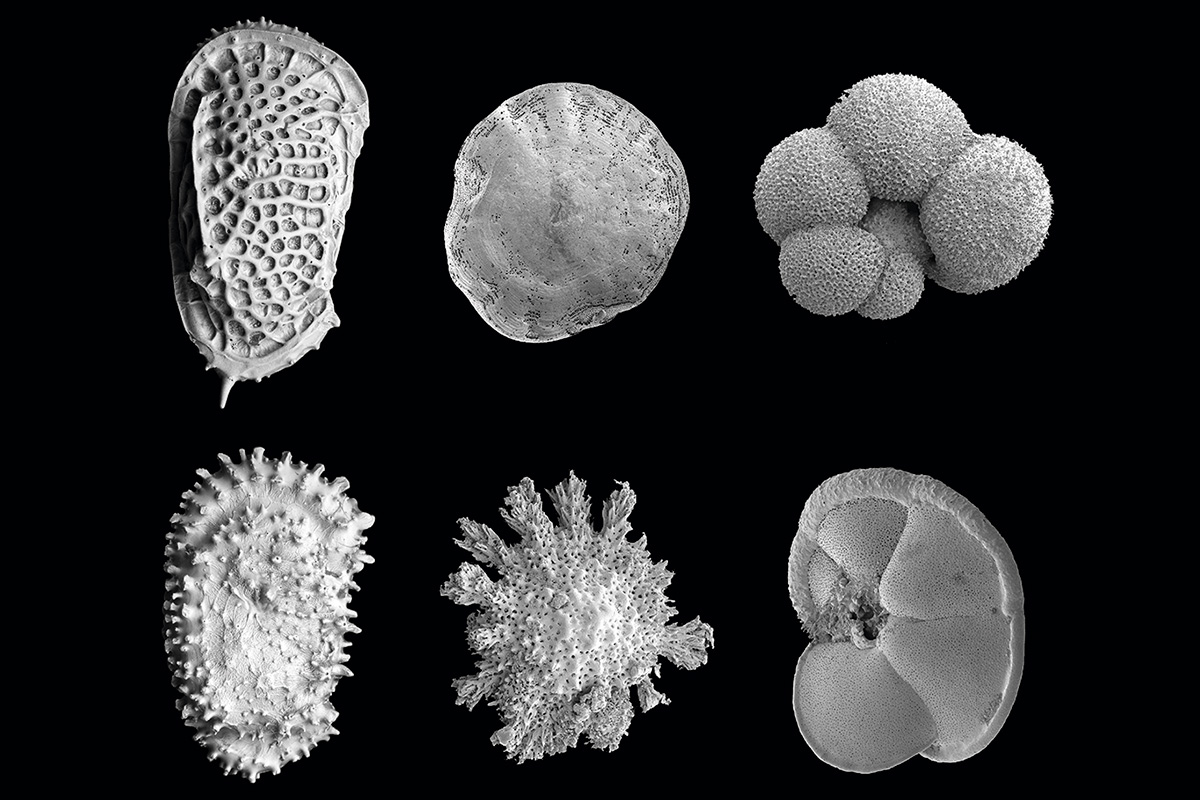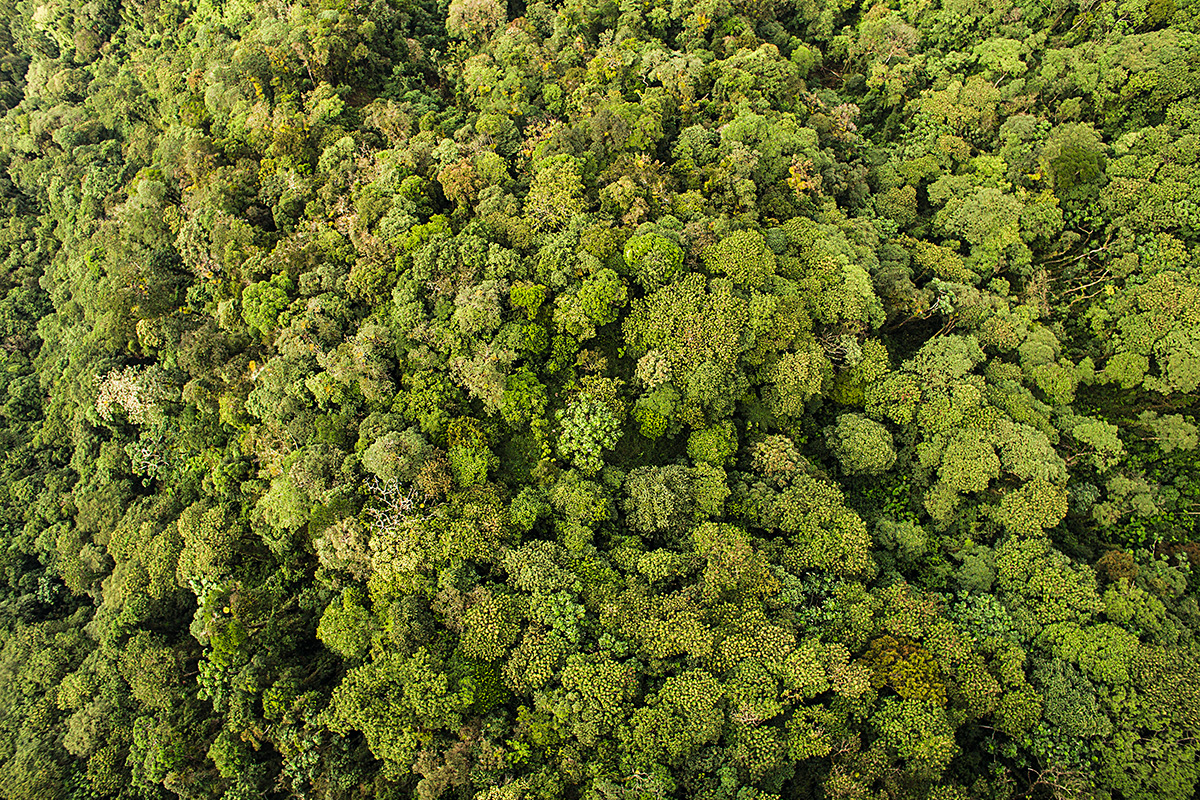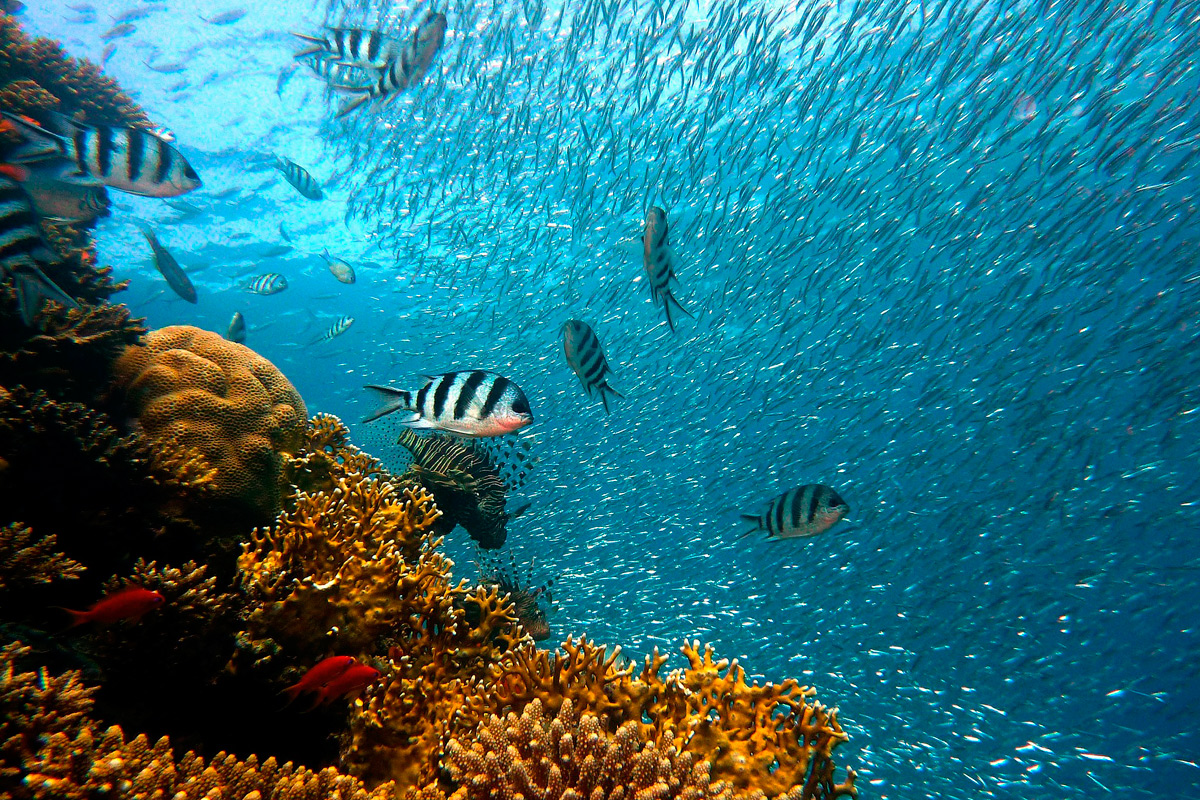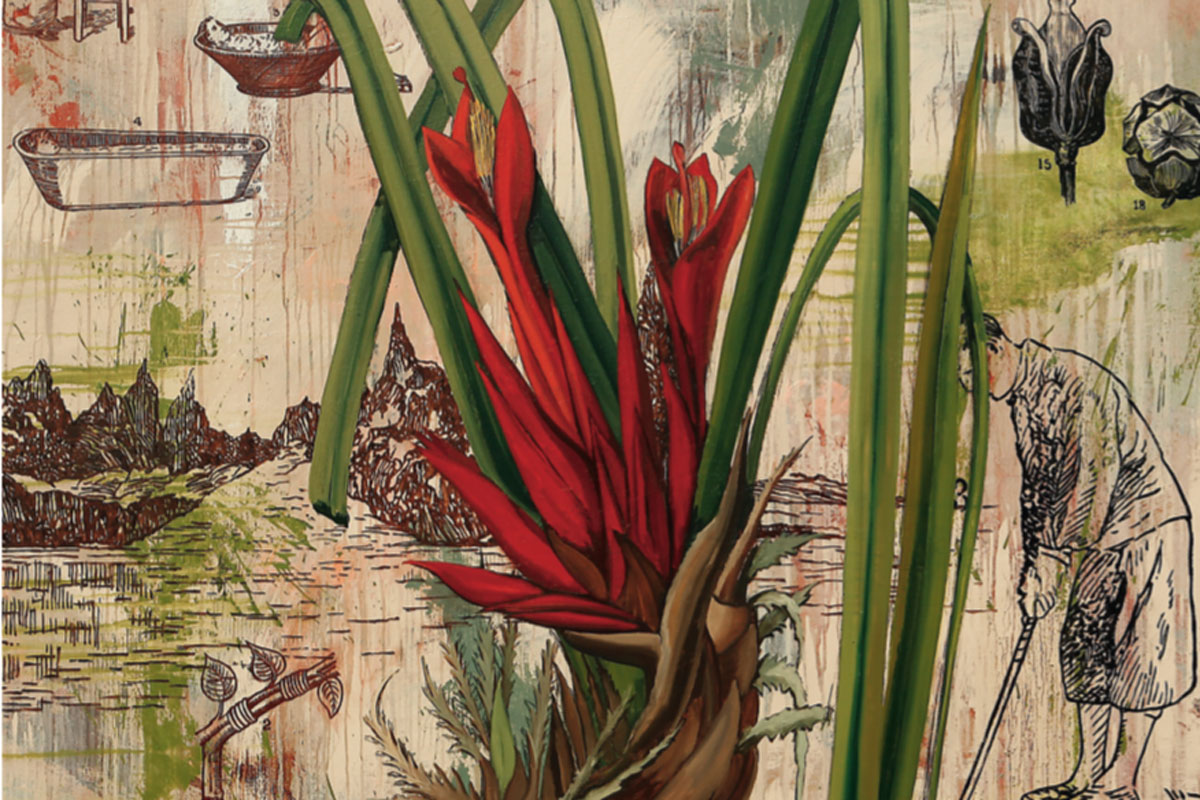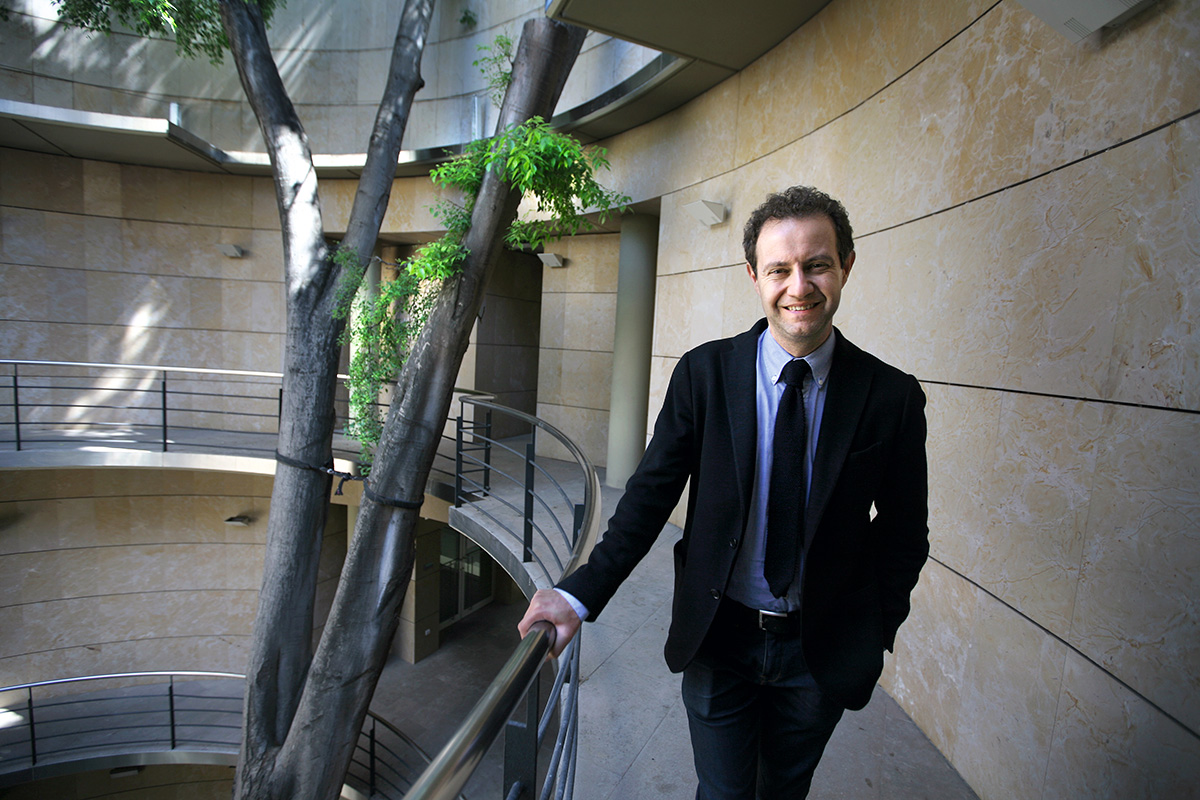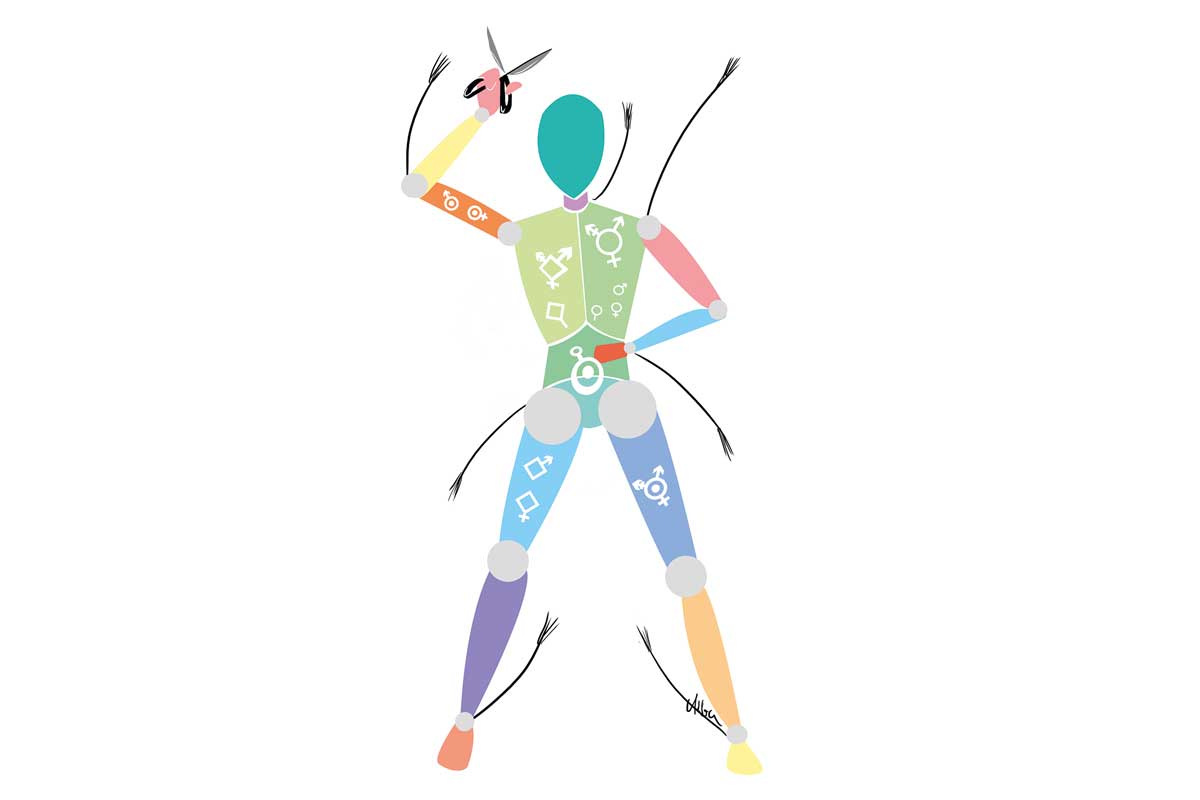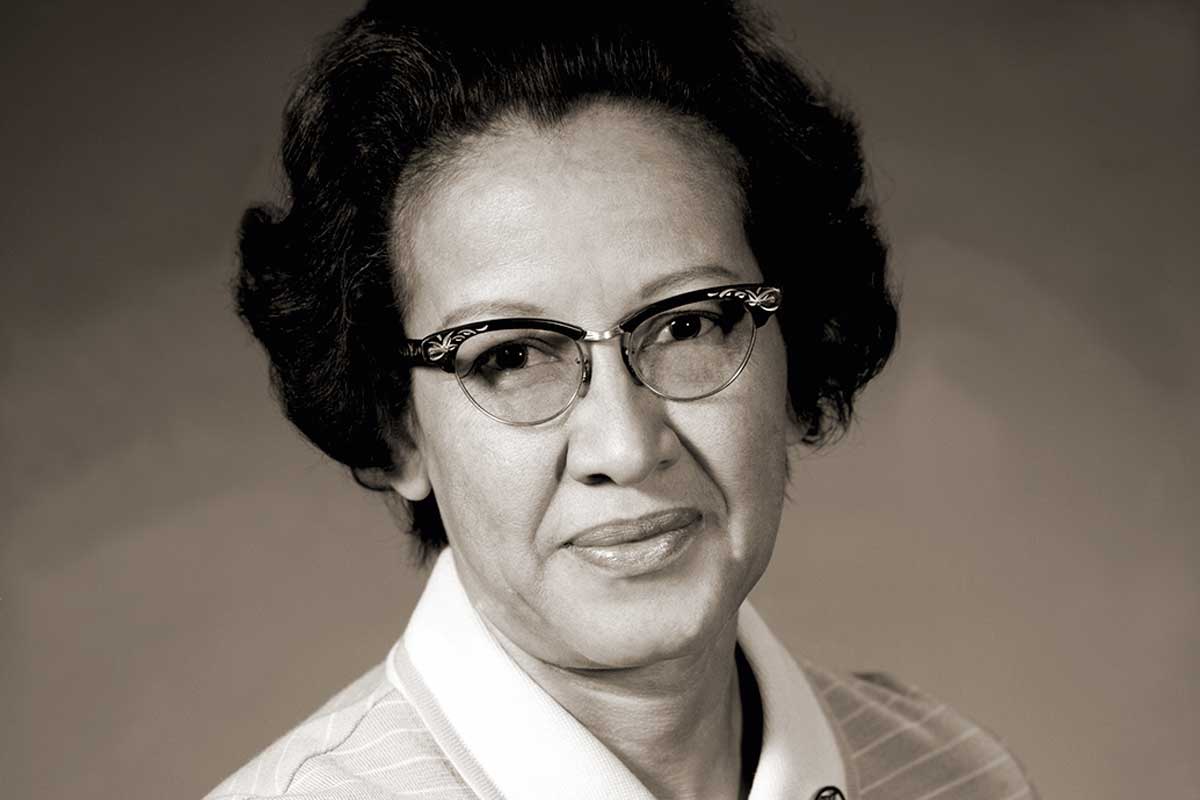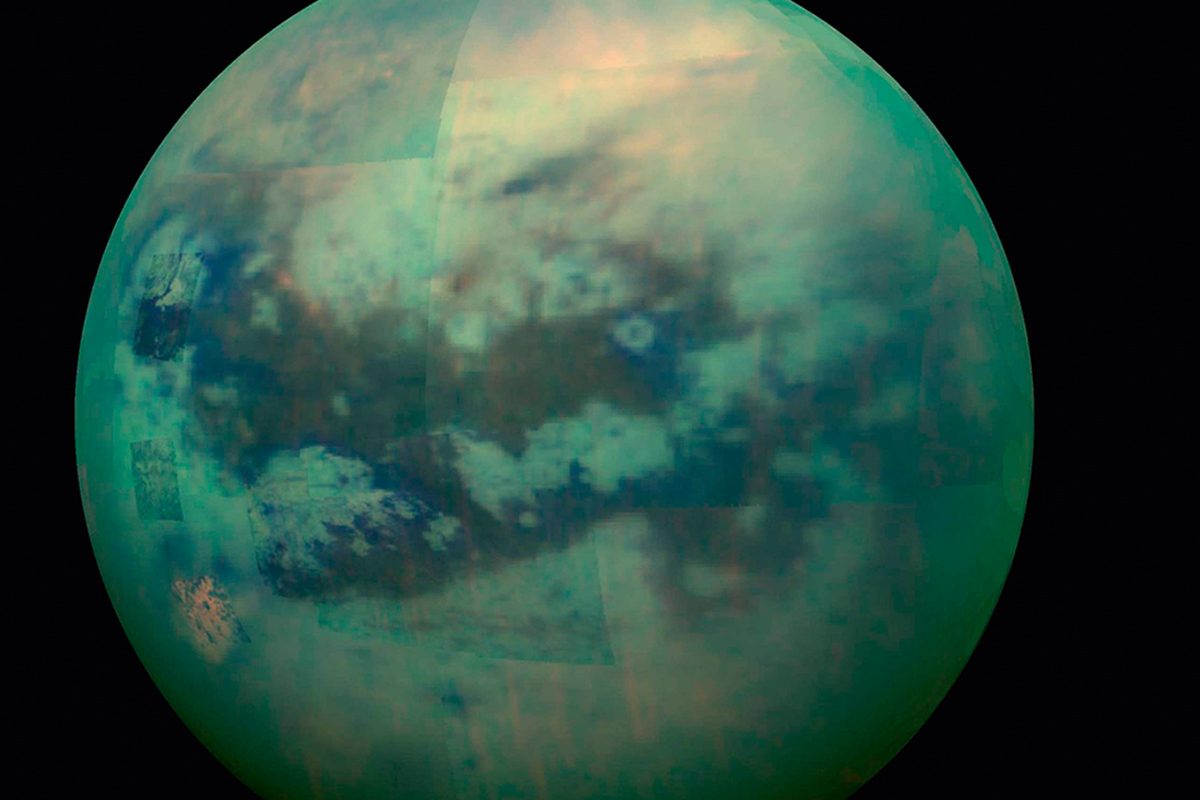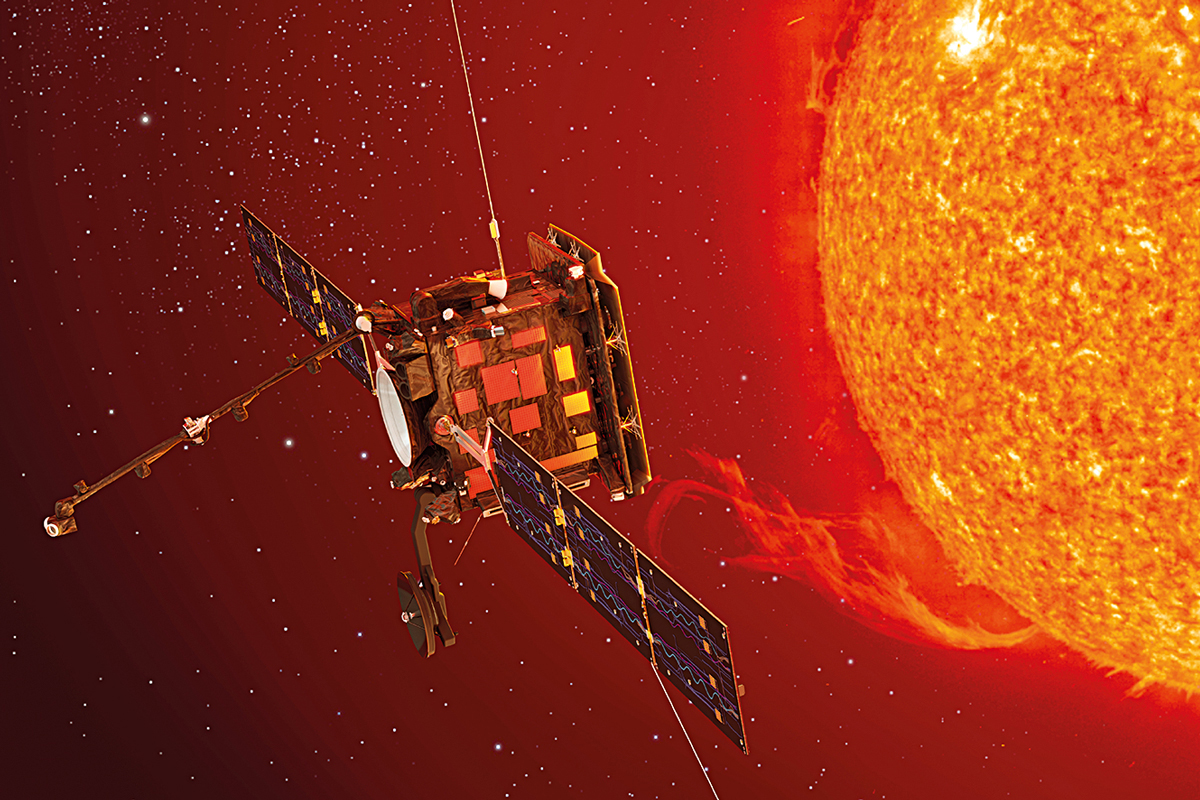Search
Mètode SSJ's monograph tries to offer a general overview of the world of robotics and artificial intelligence from the perspective of six experts on the field.
The active ingredient of curare, a poison used by the Amazon tribes, became for years a vital drug in surgery and to treat illnesses that involved muscle pains and contractions.
Just by using a small part of the trail that we leave on the Internet, one can elaborate a sufficiently approximate profile.
Kessler Syndrome refers to an avalanche-like phenomenon in which, from a critical density of objects, a collision with space junk produces more junk, which in turn causes more collisions.
Is the presence of oxygen really indispensable for the emergence of complex multicellular life?
At the Lund Observatory in Sweden there is a painting of the first realistic representation of our galaxy, the Milky Way. The idea of carrying out this scientific and artistic work came from the Swedish astronomer Knut Lundmark who, at the beginning of the 1950s, set out to represent the Milky Way as a whole.
Mr. Smith is an exemplary citizen: a caring father, a loving husband and a respected doctor, always eager to help fellow humans.
In the 1980s, three sub-disciplines of ecology emerged – restoration ecology, conservation biology, and invasion biology – and all three embraced the nativism paradigm.
Natural enemies are a fundamental piece of food webs and can contribute to biodiversity preservation. However, they can often produce dramatic losses, especially when humans are involved.
Species richness is not homogeneous in space and it normally presents differences when comparing among different sites. These differences often respond to gradients in one or several factors which create biodiversity patterns in space and are scale-dependent.
Between the mid-1980s and the present day, conservation biology split into two almost independent fields: management ecology and conservation ecology. We have witnessed the recovery of large endangered species and a decrease in small and common species.
Biodiversity has been changing both in space and time. But, luckily, we have remains of ancient organisms, called fossils. These are basically the only direct records of past biodiversity.
Due to the extreme environmental conditions of the Antarctic continental shelf – its distance from other continents, depth, and the weight of the continental ice – it offers us a great opportunity to better understand how a pristine ecosystem would normally be.
The concept of biological diversity has evolved from a simple count of species to more sophisticated measures that are sensitive to relative abundances and even to evolutionary divergence times between species. In the course of this evolution, diversity measures have often been borrowed from other disciplines.
In modern ecology, the traditional diversity indices (usually of richness, abundance, and species evenness) have been highly revealing and useful for monitoring community and ecosystem processes.
Els éssers humans ja fa temps que som conscients de ser una espècie amb gran poder per modificar el món natural. I tant que ho hem fet. Però només fa unes dècades que la societat, amb veu ferma, es revolta contra la desfeta duta a terme.
«Killing your daughter goes contrary to the tendency to want to pass on one’s genes»
Interview with Robert Trivers
We talk to the expert sociobiologist awarded with the Crafoord Prize in Biosciences
Artisan ice cream production is the result of the balanced contribution of many fields of science and requires in-depth knowledge in food science, mathematics, chemistry, physics, or nutrition.
Massimiano Bucchi is a professor of Sociology of Science at the University of Trento (Italy), and the current editor of the Public Understanding of Science (PUS) journal. His academic career represents the best exponent of contemporary trends in the field of science communication research.
Biology has been and still is used to justify discriminatory practices against groups of people, but reality is always more passionately complex than the dualistic human logic is willing to accept.
Can we communicate science rigorously and still make an eager audience have a good time? The answer can be found in museums and botanical gardens, the places from where we try to spread the word in a fun and entertaining way.
Katherine Johnson was born on 26 August 1918 and was the first woman of NASA's Research Division to be credited as the author of a report.
One of the current hotspots in astrobiology is the search for water in exoplanets. We all seem to share the idea that water is essential for the existence of life, and even the assumption that water and life are almost synonymous.
The ESA Solar Orbiter will be launched into space in 2020 and it will get very close to our star.


